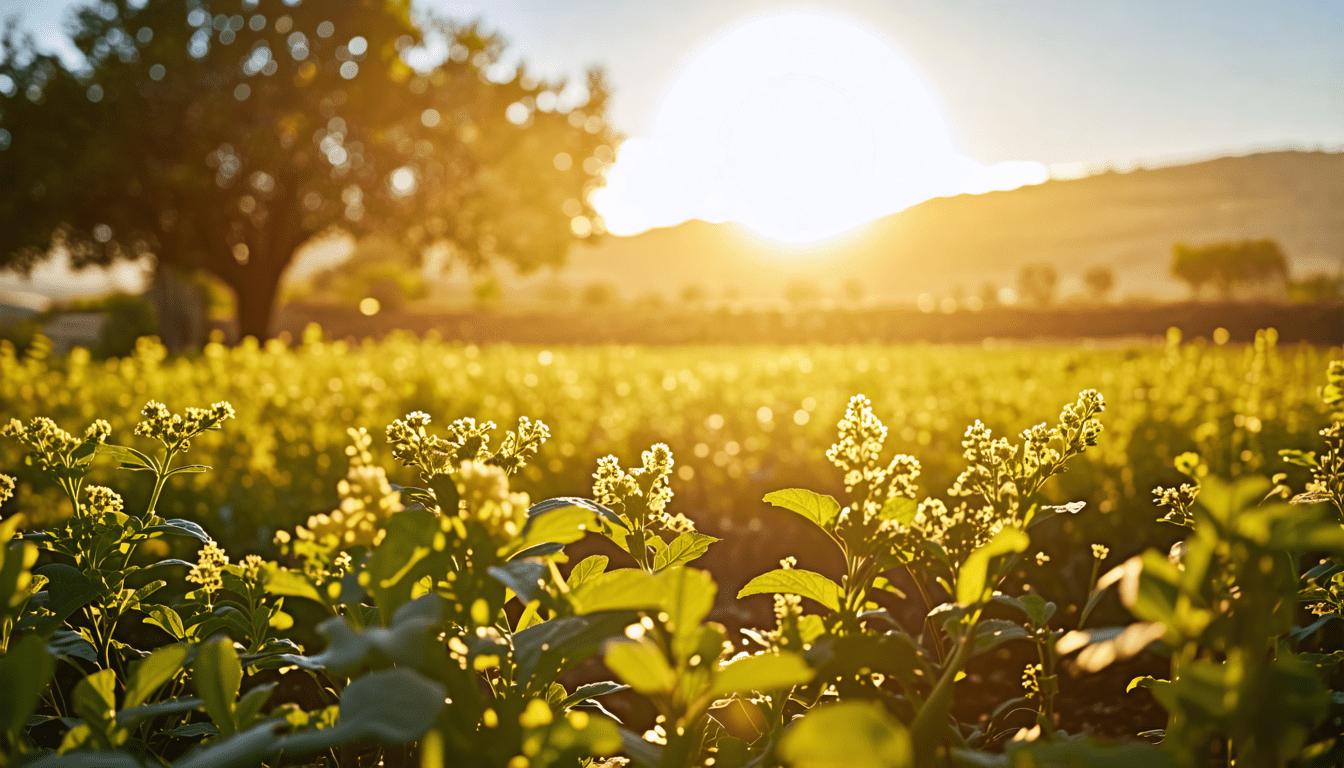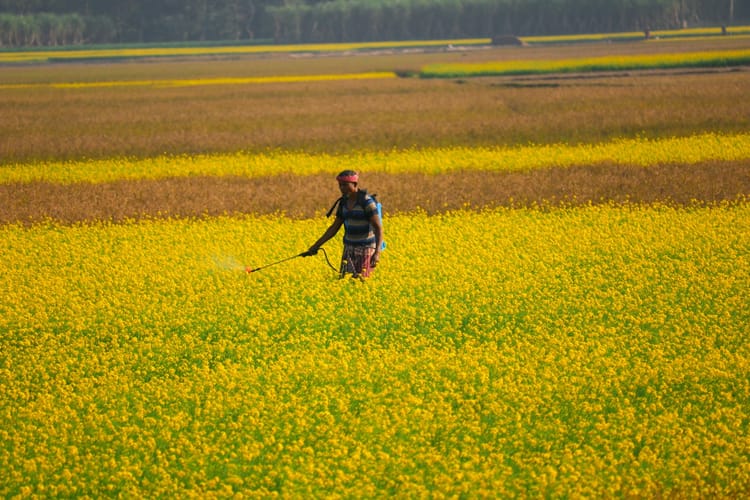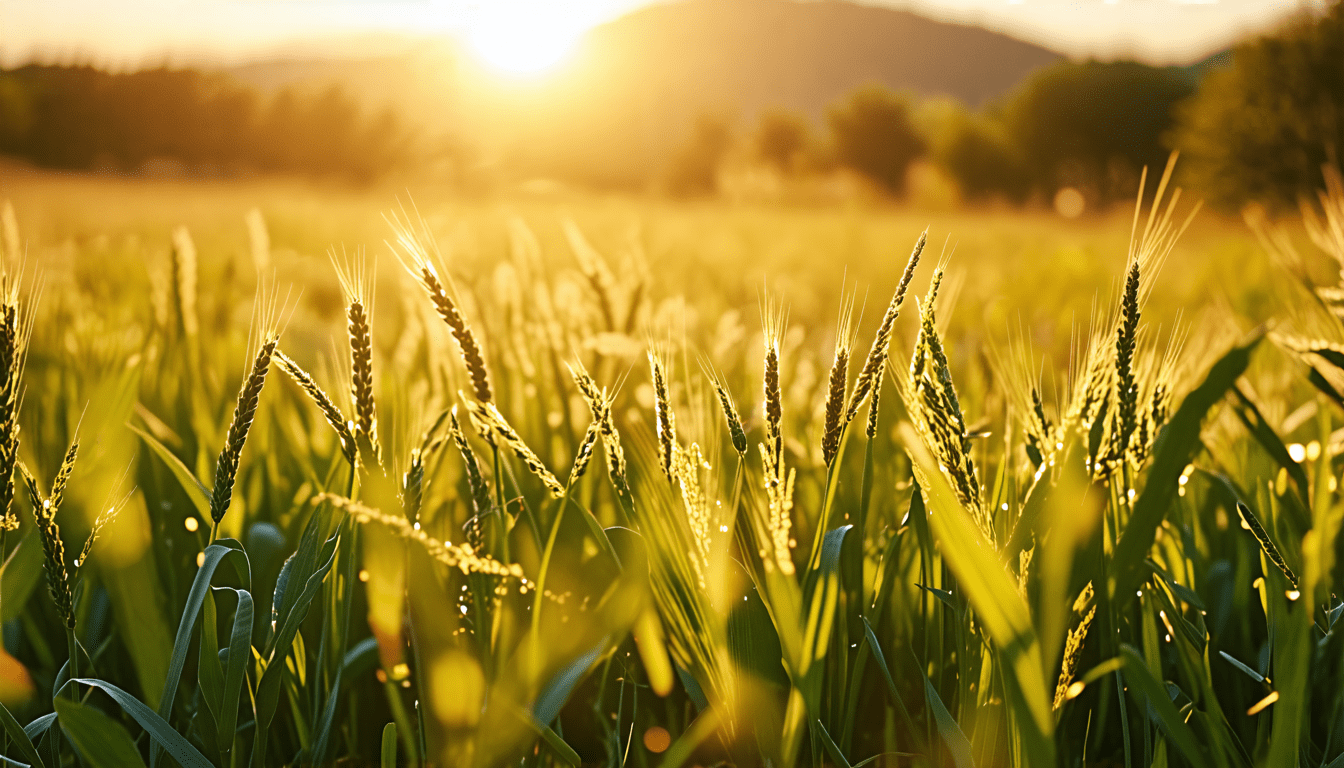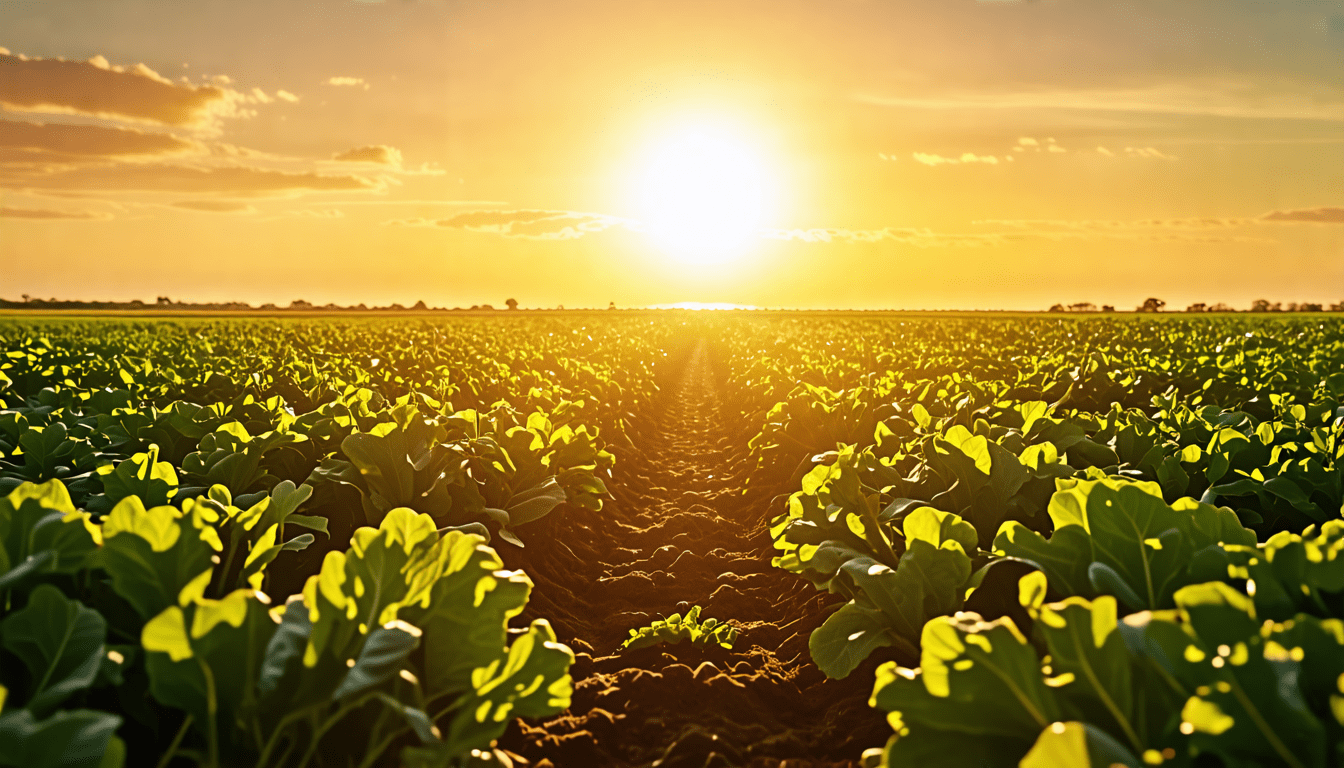Enhancing Knowledge and Practice: Educational Opportunities in Regenerative Agriculture at Chico State's Center for Regenerative Agriculture and Resilient Systems (CRARS)

Educational Opportunities for Regenerative Agriculture
The Center for Regenerative Agriculture and Resilient Systems (CRARS) at Chico State is at the forefront of offering courses designed to enhance knowledge and practical application of regenerative agriculture. Their upcoming course, Regenerative Agriculture Systems: Theory and Practice, is set to begin on August 27, 2024. This comprehensive course includes live-online discussions every Tuesday from 9-11 a.m., with asynchronous lectures and coursework available to accommodate various schedules. Enrolling in this course, which costs $650, provides you with the knowledge needed to implement sustainable farming practices. Don't forget to register by the deadline of August 16, 2024.
Another significant offering from CRARS is the Technical Assistance Provider (TAP) Certification Program. This certification aims to bolster systems-based management practices in farming, ranching, and forestry. By becoming a certified provider, participants can ultimately serve as conservation planners under various USDA programs and state initiatives. CRARS also provides other courses such as Introduction to Soil Health Management (October 15 - November 22, 2024), Ecological Range Management and Adaptive Grazing, and electives like Pollinator Habitat and Regenerative Forestry.
Upcoming Conferences and Workshops
The highly anticipated REGENERATE 2024 conference is another crucial event on the calendar. Scheduled for November 6-8, 2024, at the National Western Center in Denver, CO, this conference is organized to foster discussions among ranchers, farmers, conservationists, and scientists on the importance and implementation of regenerative practices. This serves as a notable opportunity for networking, learning, and sharing best practices.
In addition to larger conferences, there are numerous webinars and workshops planned to provide in-depth knowledge on various aspects of regenerative agriculture. For example, the Bullseye Monitoring Workshop and the Albuquerque Wildlife Federation and ELP Restoration Workshop are scheduled events that delve into monitoring practices and wildlife conservation respectively. Such workshops are invaluable opportunities for hands-on learning and professional development.
Soil health remains a cornerstone of regenerative agriculture, and many events focus on this critical aspect. Notable events include the Chaves SWCD Producers Day & Grant Writing 101 and multiple webinars organized by Understanding Ag. These events are structured to offer educational resources and strategies to farmers and conservationists aimed at improving soil health. Moreover, Soil Regen, LLC, holds specialized webinars like Fine Tuning Management through Foliar Prescriptions and Demystifying the Haney Test.
Here's a thought to consider
While these events and courses are pivotal in promoting regenerative agriculture, the accessibility and inclusivity of resources are equally important. Many events offer resources for accessibility, including IT support services and accommodations for disabilities, ensuring that these learning opportunities are available to all participants. By engaging in these structured educational opportunities, stakeholders in the agricultural sector can make informed decisions that promote sustainability and resilience in their farming practices.
Looking for updates? Sign up to our newsletter for weekly snippets.





